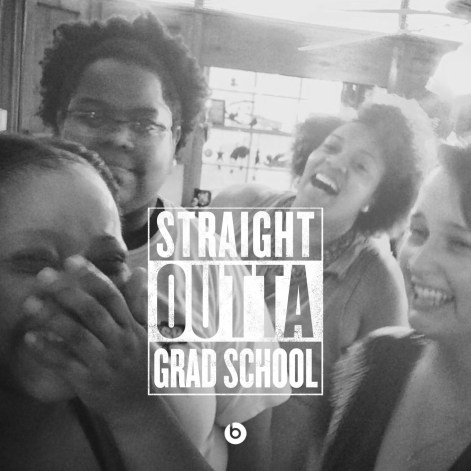As a relatively new Houstonian, health writer/journalist, assistant professor of communication studies and fabulous Black female (or at least I’d like to think so), I was thrilled when my colleague sent me an invitation to join her this evening at “Young, Fabulous & Female,” a conversation focusing on Black women’s success sponsored by The Root and Toyota. The theme was “Crossing the Line,” and panelists were to share tips and wisdom for Black women pursuing successful professional journeys.
I shot straight across my new city after a long day of work with heart and mind open to receive some fabulous words of wisdom and empowerment from a panel of accomplished women in areas inclusive of ministry, medicine, and media… in other words, ALL of my faves.
A few minutes into the panel, I felt my enthusiasm begin to wane. While there were gems dispersed throughout the evening that received a head nod or two, I couldn’t help but feel deflated. I listened as comments were made that circumvented and overlooked critical issues Black women face despite, and within, all of our authentic fabulousness. Continue reading


 This book caught my interest because I’m typically a night owl and my PhD journey has consisted of several nights up burning the midnight oil. However, moving forward with my dissertation, and as a professional, I’m thinking I should probably get a handle on this time management thing. Plus, I’m not getting any younger and the midnight oil doesn’t burn as bright as it used to. As I’m always feeling the pressure of a constantly ticking clock, I decided to take a look at this text after I saw one of my e-mentors,
This book caught my interest because I’m typically a night owl and my PhD journey has consisted of several nights up burning the midnight oil. However, moving forward with my dissertation, and as a professional, I’m thinking I should probably get a handle on this time management thing. Plus, I’m not getting any younger and the midnight oil doesn’t burn as bright as it used to. As I’m always feeling the pressure of a constantly ticking clock, I decided to take a look at this text after I saw one of my e-mentors,